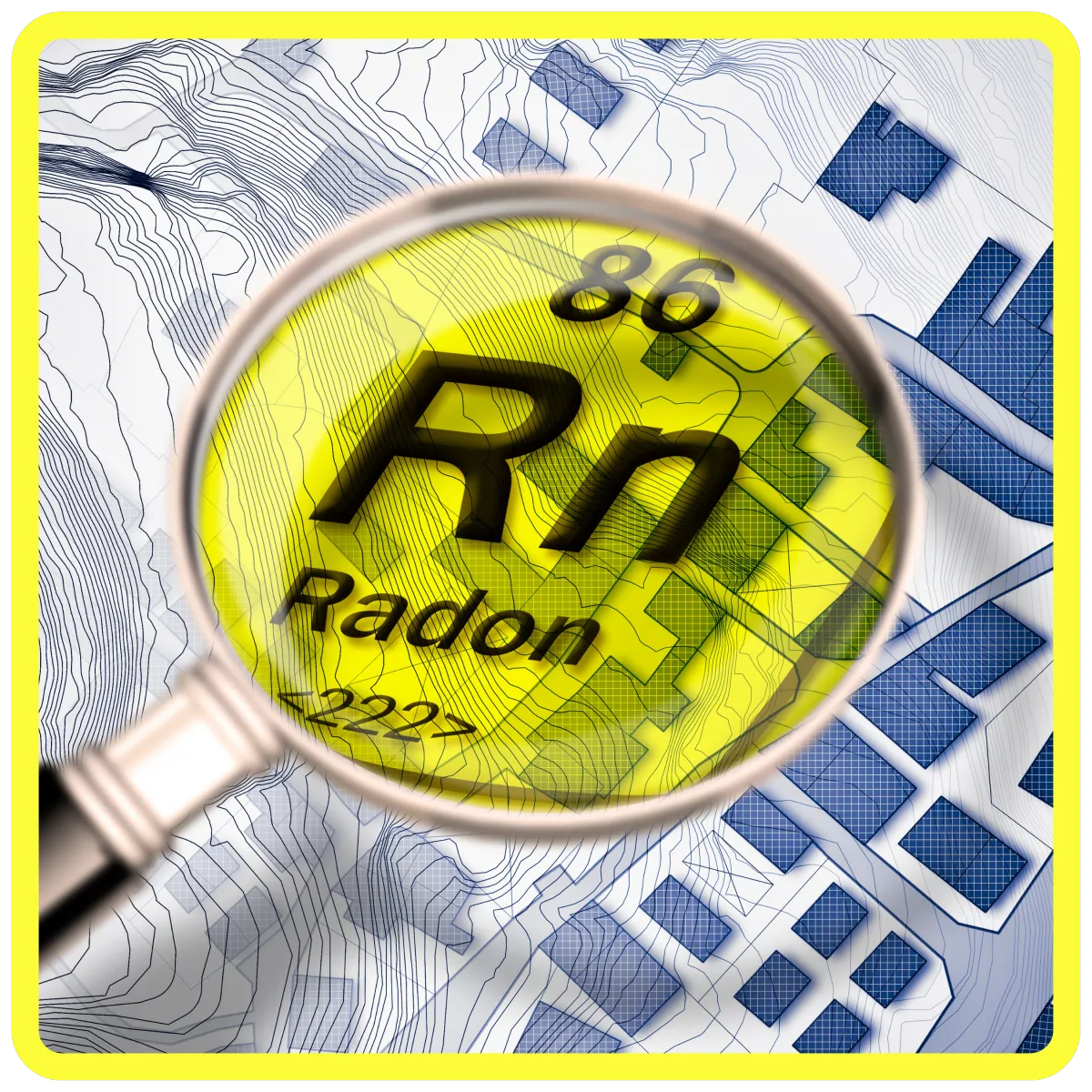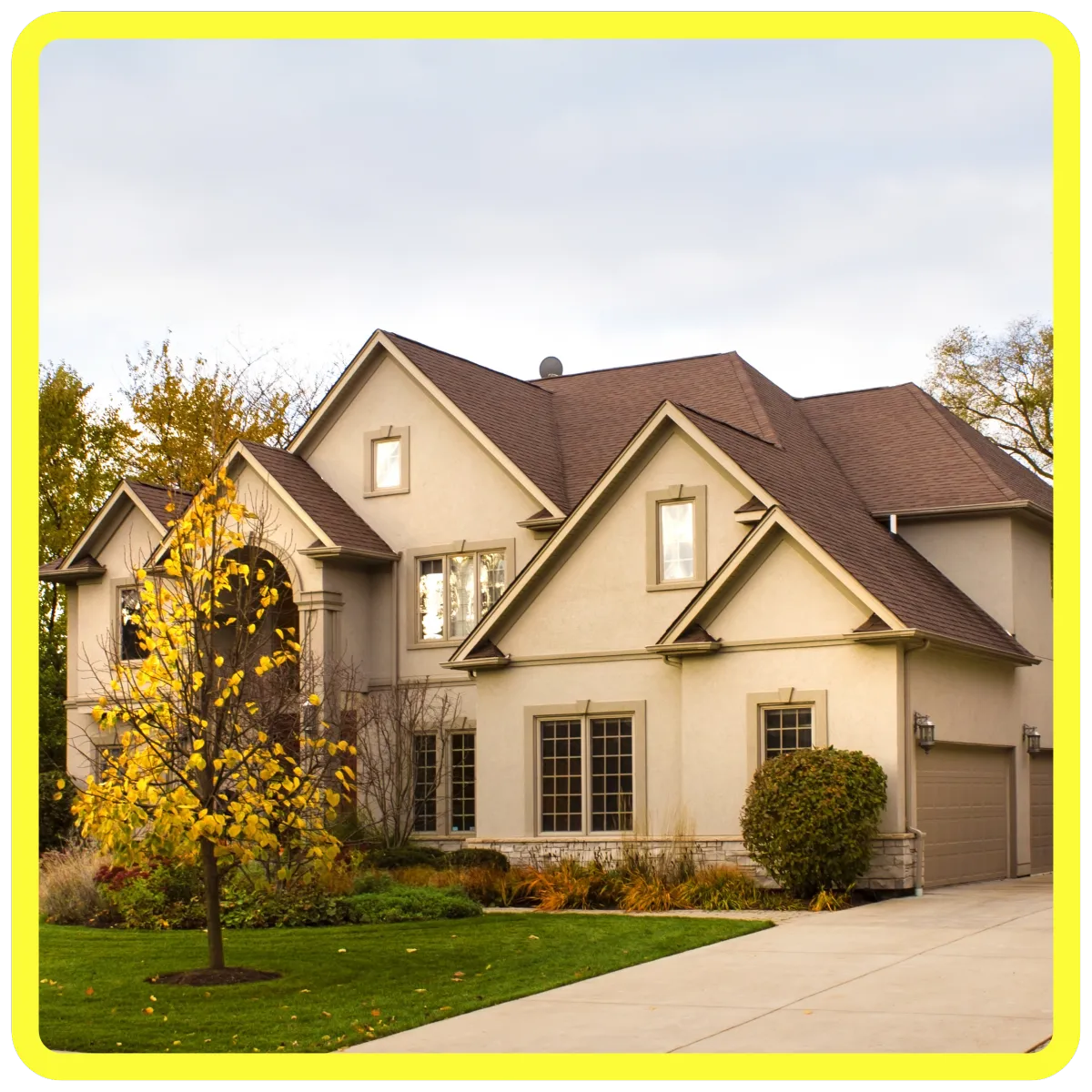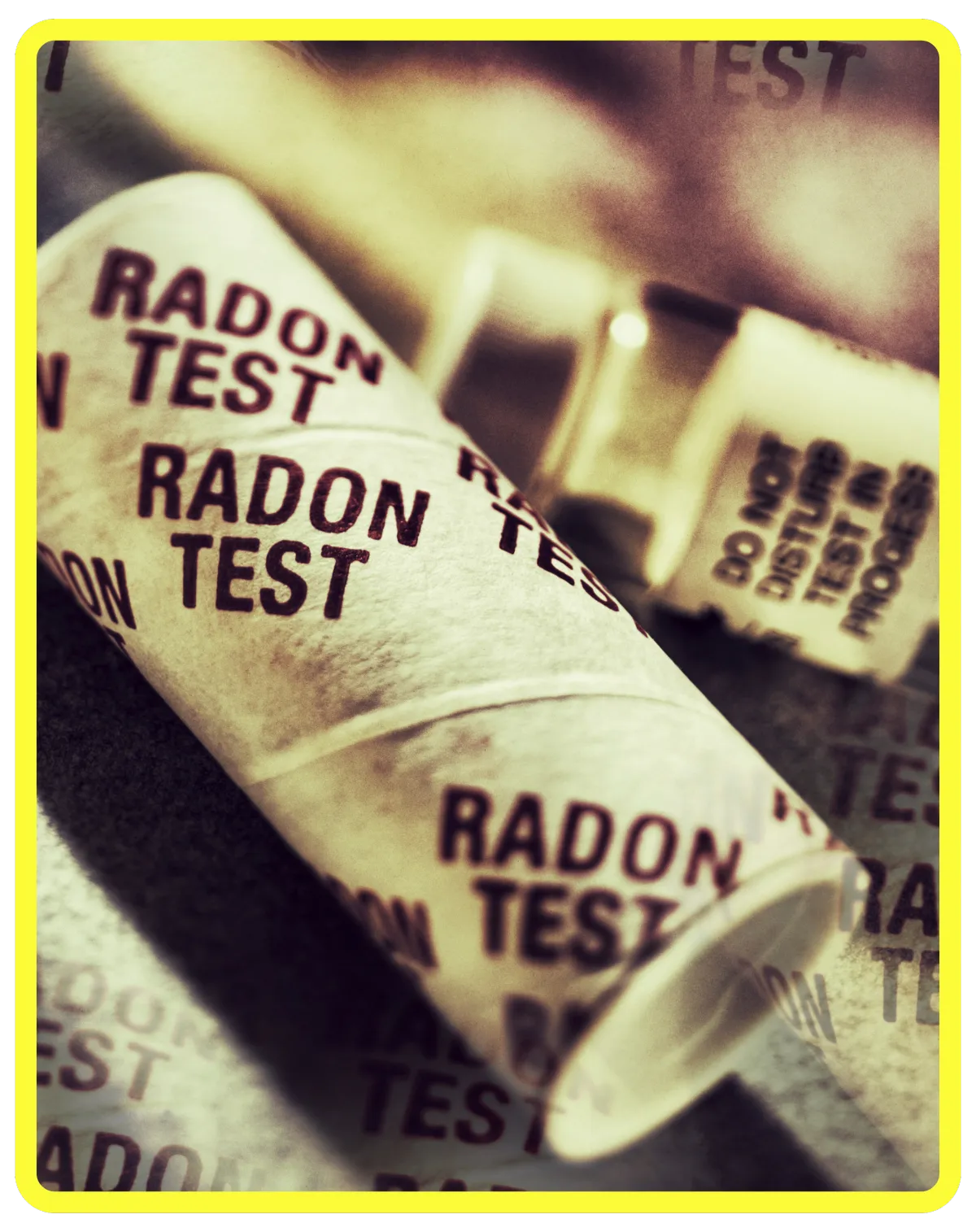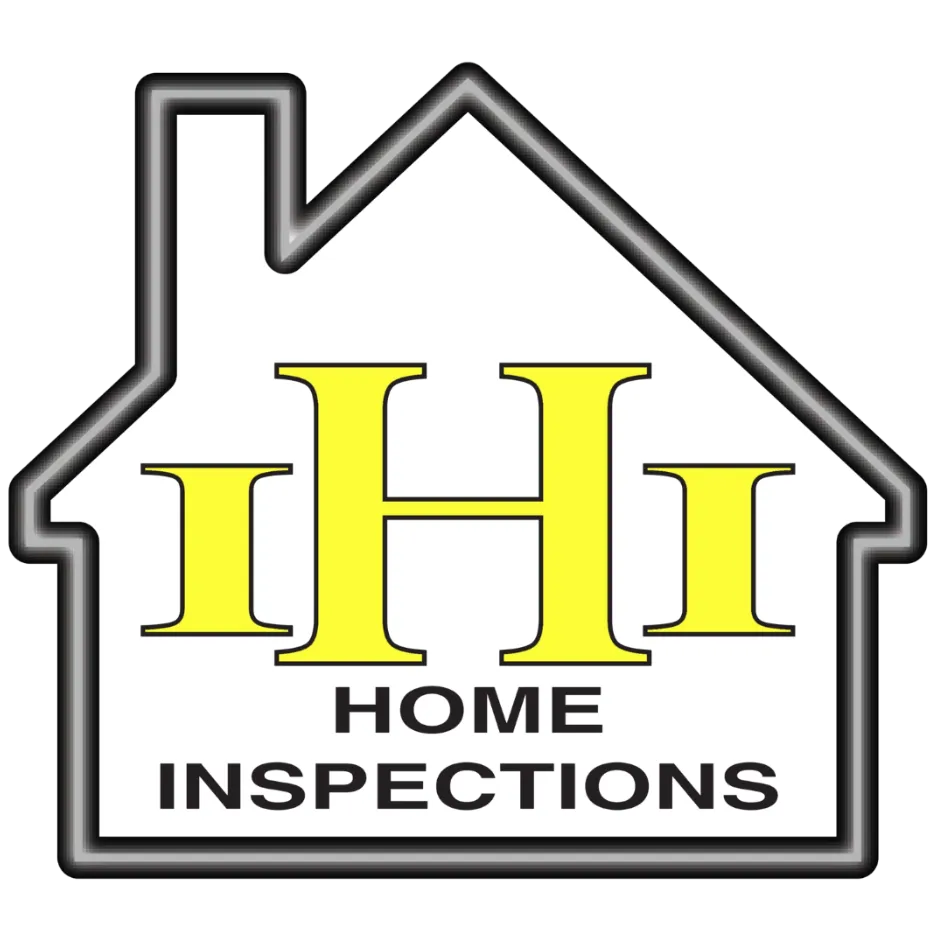IHI Home Inspections
Comprehensive Guide to Radon Testing in Atlanta Homes

When it comes to safeguarding your family’s health, understanding radon testing is paramount. For homeowners in Atlanta, Georgia, knowing about radon a colorless, odorless radioactive gas can make the difference between safety and risk. In this comprehensive guide, we’ll dive into the intricacies of radon testing, why it's essential, choosing a qualified Atlanta home Inspector. So, buckle up as we embark on this enlightening journey!
Understanding Radon: The Invisible Intruder
What is Radon?
Radon originates from the natural decay of uranium in the soil, rock, and water. As it seeps through cracks in floors and walls, it can accumulate in homes, particularly in basements and crawl spaces. The U.S. Environmental Protection Agency (EPA) estimates that radon causes approximately 21,000 lung cancer deaths each year in the United States, making it a significant health concern for homeowners.
Health Impacts of Radon
The stakes are high when it comes to radon exposure. Prolonged exposure to elevated radon levels can lead to lung cancer, especially in smokers. According to the American Cancer Society, radon is the second leading cause of lung cancer after smoking, with an estimated 1 in 15 homes in the U.S. containing elevated radon levels. Given these alarming statistics, it's essential for Atlanta homeowners to prioritize radon testing.
The Importance of Radon Testing
Why Test for Radon?
Testing for radon is crucial for several reasons:
Health Protection: Early detection can save lives by allowing homeowners to take appropriate action.
Property Value: Homes with radon issues can decrease in value; a radon test is often a condition of sale in real estate transactions.
Peace of Mind: Knowing your home is safe provides peace of mind for you and your family.
When to Test
It's advisable to test your home for radon during real estate transactions, renovations, or after significant weather events, like heavy rain, that can alter radon levels. Winter months can also be an ideal time to test, as homes are typically sealed and radon concentrations may be higher.
Types of Radon Tests
Short-Term Tests: These tests last from two days to a week and provide quick results. They are ideal for preliminary assessments.
Long-Term Tests: Conducted over several months, these tests offer a more comprehensive view of radon levels in your home.
The Radon Testing Process
Step-by-Step Overview

1. Scheduling the Test:
Choose a time when the home is closed up for the best results.

2. Equipment Set-up:
The inspector will place the testing device in the lowest livable area of your home.

3. Collecting Data:
After the testing period, the inspector will retrieve the device for analysis.
Understanding the Results
Radon levels are measured in picocuries per liter (pCi/L). The EPA recommends action if radon levels are 4 pCi/L or higher. Your inspector should help interpret these results and recommend next steps.
Follow-Up Actions
If your test indicates elevated radon levels, mitigation is necessary. This can involve installing a radon reduction system to lower the gas concentration in your home.
Radon Mitigation Solutions
Overview of Mitigation Techniques
Radon mitigation typically involves:
Active Soil Depressurization: A common method where a fan is installed to draw radon from beneath the house and vent it outside.
Sealants: Sealing cracks in floors and walls can help reduce radon entry.
Choosing a Mitigation Contractor
When selecting a radon mitigation contractor, consider their experience, certification, and warranty offers. The average cost of radon mitigation in Atlanta ranges from $800 to $2,500, depending on the home's size and the complexity of the installation.
Case Studies and Testimonials

Real-Life Examples
Consider the story of a family in Atlanta. They discovered high radon levels during a routine inspection. After installing a radon mitigation system, their radon levels dropped to safe thresholds, providing peace of mind and enhancing their home's value. Such stories highlight the importance of proactive radon testing.
Importance of Community Awareness
Informed communities lead to safer homes. By raising awareness about radon testing and its implications, we can foster a healthier environment for all Atlanta residents.
Schedule Your Inspection with David Lelak – Atlanta’s Trusted Home Inspector
If you're in the market for an Atlanta home inspector, look no further than David Lelak, a seasoned professional known for his expertise in comprehensive home inspections. With a focus on ensuring your home is safe from radon and other hazards, David prioritizes your family's health and your investment. Don’t let the “invisible intruder” catch you off guard take proactive steps today for a secure living environment. Have you had your home tested for radon? If you haven’t yet, consider scheduling a radon test today to protect your loved ones and your home.
Schedule Your Home Inspection Today
Schedule Your Home Inspection Today
Comprehensive Guide to Radon Testing in Atlanta Homes
When it comes to safeguarding your family’s health, understanding radon testing is paramount. For homeowners in Atlanta, Georgia, knowing about radon a colorless, odorless radioactive gas can make the difference between safety and risk. In this comprehensive guide, we’ll dive into the intricacies of radon testing, why it's essential, choosing a qualified Atlanta home Inspector. So, buckle up as we embark on this enlightening journey!
Understanding Radon: The Invisible Intruder
What is Radon?
Radon originates from the natural decay of uranium in the soil, rock, and water. As it seeps through cracks in floors and walls, it can accumulate in homes, particularly in basements and crawl spaces. The U.S. Environmental Protection Agency (EPA) estimates that radon causes approximately 21,000 lung cancer deaths each year in the United States, making it a significant health concern for homeowners.
Health Impacts of Radon
The stakes are high when it comes to radon exposure. Prolonged exposure to elevated radon levels can lead to lung cancer, especially in smokers. According to the American Cancer Society, radon is the second leading cause of lung cancer after smoking, with an estimated 1 in 15 homes in the U.S. containing elevated radon levels. Given these alarming statistics, it's essential for Atlanta homeowners to prioritize radon testing.

The Importance of Radon Testing
Why Test for Radon?
Testing for radon is crucial for several reasons:
Health Protection: Early detection can save lives by allowing homeowners to take appropriate action.
Property Value : Homes with radon issues can decrease in value; a radon test is often a condition of sale in real estate transactions.
Peace of Mind: Knowing your home is safe provides peace of mind for you and your family.
When to Test
It's advisable to test your home for radon during real estate transactions, renovations, or after significant weather events, like heavy rain, that can alter radon levels. Winter months can also be an ideal time to test, as homes are typically sealed and radon concentrations may be higher.
Types of Radon Tests
Short-Term Tests: These tests last from two days to a week and provide quick results. They are ideal for preliminary assessments.
Long-Term Tests: Conducted over several months, these tests offer a more comprehensive view of radon levels in your home.
The Radon Testing Process
Step-by-Step Overview

1. Scheduling the Test:
Choose a time when the home is closed up for the best results.

2. Equipment Set-up:
The inspector will place the testing device in the lowest livable area of your home.

3. Collecting Data:
After the testing period, the inspector will retrieve the device for analysis.
Understanding the Results
Radon levels are measured in picocuries per liter (pCi/L). The EPA recommends action if radon levels are 4 pCi/L or higher. Your inspector should help interpret these results and recommend next steps.
Follow-Up Actions
If your test indicates elevated radon levels, mitigation is necessary. This can involve installing a radon reduction system to lower the gas concentration in your home.
Radon Mitigation Solutions
Overview of Mitigation Techniques
Radon mitigation typically involves:
Active Soil Depressurization: A common method where a fan is installed to draw radon from beneath the house and vent it outside.
Sealants: Sealing cracks in floors and walls can help reduce radon entry.
Choosing a Mitigation Contractor
When selecting a radon mitigation contractor, consider their experience, certification, and warranty offers. The average cost of radon mitigation in Atlanta ranges from $800 to $2,500, depending on the home's size and the complexity of the installation.
Case Studies and Testimonials
Real-Life Examples
Consider the story of a family in Atlanta. They discovered high radon levels during a routine inspection. After installing a radon mitigation system, their radon levels dropped to safe thresholds, providing peace of mind and enhancing their home's value. Such stories highlight the importance of proactive radon testing.
Importance of Community Awareness
Informed communities lead to safer homes. By raising awareness about radon testing and its implications, we can foster a healthier environment for all Atlanta residents.

Schedule Your Inspection with David Lelak – Atlanta’s Trusted Home Inspector
If you're in the market for an Atlanta home inspector, look no further than David Lelak, a seasoned professional known for his expertise in comprehensive home inspections. With a focus on ensuring your home is safe from radon and other hazards, David prioritizes your family's health and your investment. Don’t let the “invisible intruder” catch you off guard take proactive steps today for a secure living environment. Have you had your home tested for radon? If you haven’t yet, consider scheduling a radon test today to protect your loved ones and your home.
Schedule Your Home Inspection Today
Copyright © 2025 | Canton, Georgia



